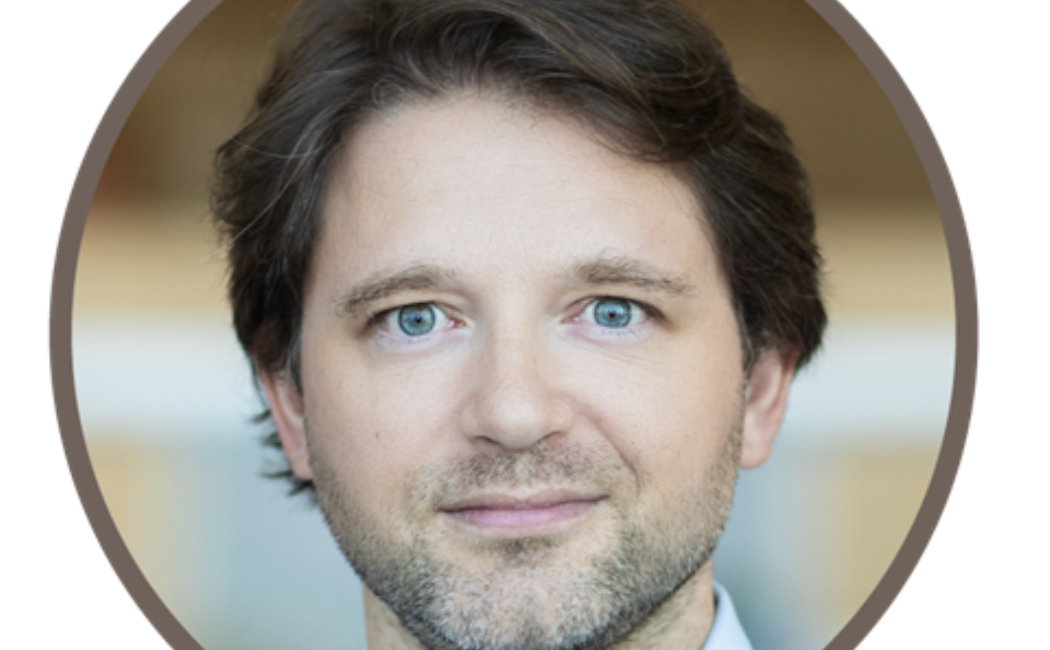
Promotion Colloquium: Professor Antonio Adamo
Disease Avatars: Modeling human complex disorders in a dish
Abstract:
The research conducted by the Stem Cells and Diseases Laboratory is at the forefront of utilizing human embryonic stem cells (hESCs) and patient-derived induced pluripotent stem cells (hiPSCs) for the in vitro modeling of human diseases. Our primary objectives are (i) to delineate the molecular landscape of diseases associated with sex chromosomal aneuploidies (SCAs) and (ii) to investigate the epigenetic mechanisms regulating early embryo development.
SCAs constitute the most prevalent form of chromosomal aneuploidies in humans and are linked to a spectrum of multifactorial disorders, including intellectual disabilities, diabetes, infertility, and cardiovascular diseases. Our laboratory's research is focused on identifying the genetic underpinnings that trigger the onset of such disorders in individuals with SCAs to yield significant insights into the genetic predisposition to these multifactorial conditions. Through collaborations with Saudi and international medical institutions, we have successfully generated over sixty iPSC lines from ethnically diverse populations. This achievement has led to the discovery of a universal transcriptional signature associated with sex chromosome overdosage in the earliest stages of human development. Currently, my team is utilizing both 3D organoid systems and animal models generated in our laboratory to untangle the pathophysiological impact of supernumerary sex chromosomes on SCA-associated symptoms.
The second focus of our research involves the investigation of the epigenetic mechanisms regulating cardiac differentiation. Our goal is to refine the available protocols significantly, leading to mature cardiac cells suitable for regenerative medicine applications. By integrating genome editing techniques, tailored culture conditions, and bioengineered scaffolds, our laboratory identified critical epigenetic modulators and environmental settings, improving cardiac differentiation in vitro.
Bio:
Prof. Antonio Adamo obtained his Ph.D. from the University of Milan, Italy. He trained as a postdoc with Dr. Juan Carlos Izpisua-Belmonte at the Center of Regenerative Medicine of Barcelona, Spain, and as a senior postdoc at the European Institute of Oncology, Italy. In 2016, he joined the KAUST Environmental Epigenetics Program (KEEP) as an Assistant Professor of Bioscience. He is a founding member of the KAUST Smart Health Initiative and an associate member of the Bioengineering program. His research group at KAUST, the laboratory Stem Cells and Diseases, is focused on the use of human embryonic (ESs) and induced pluripotent stem cells (iPSCs) to model the onset and progression of complex diseases “in a dish.” Under Professor Adamo’s guidance, his team has established the first cohort of Saudi iPSCs, marking a significant stride towards developing regenerative medicine applications specifically tailored to the Saudi population’s needs.
Zoom link: https://kaust.zoom.us/j/95723210720
